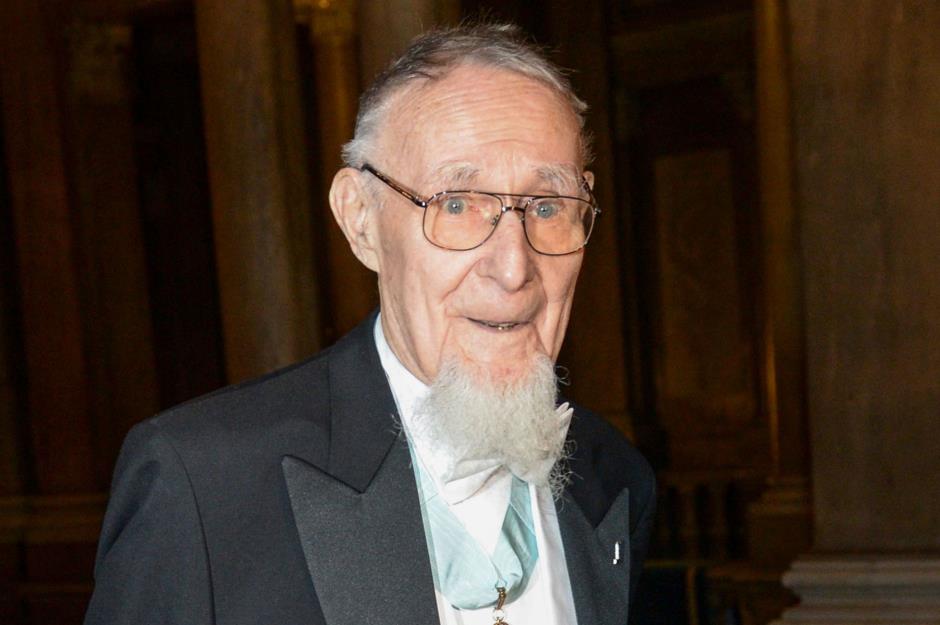The six habits of good billionaires

Because being rich doesn’t have to mean being bad.
Billionaires come in for a lot of (often justified) criticism, but there are some out there who are doing their best to break the mould.
From being socially responsible to giving generously, we explore the top six habits of a good billionaire.
They pay their taxes… and want to pay more
Responsible billionaires pay their taxes and even seek to pay more.
Bill Gates recently told a Q&A session with Reddit that he had paid $10 billion (£7.55bn) in taxes over the years, but that he should have been taxed more heavily.
The Microsoft mogul who is worth $98 billion (£74bn) said that the US Government should place a greater tax burden on rich people when they are selling their assets.
"If people want the Government to do more it needs to be funded and I see us needing to improve our education and health services,” he told Reddit’s audience.
“So, yes, I have paid $10 billion but I should have had to pay more on my capital gains."
Gates is not alone. Other members of the super-rich including investor Nick Hanauer and hedge fund manager Michael Steinhardt, also believe the wealthy should contribute more towards the Government’s coffers.
They don’t leave all their fortune to their children

Image: Shutterstock
Children of the super-rich can be at risk of growing up over-privileged and entitled.
But responsible billionaires only plan to leave their offspring a small portion of their fortune or even nothing at all to encourage them to make their own way in the world.
Andrew Lloyd Webber, the dollar billionaire composer of Cats and Phantom of the Opera, wants his money to help struggling musicians instead.
"I don't believe in inherited money at all," he told the UK newspaper The Mirror in 2008.
"I am not in favour of children suddenly finding a lot of money coming their way because then they have no incentive to work.
“So I will give them a start in life but they aren’t going to end up owning [my company]."
Similarly, Mark Zuckerberg and Michael Bloomberg are giving the majority of their cash away to charity via the Giving Pledge, rather than leaving it to their daughters.
They plan to give most of their wealth away
So, if you’re not going to pass wealth onto your kids, what to do with all that money?
Investment guru Warren Buffett, the third richest person in the world, has pledged to give 99% of his $82.5 billion (£63bn) wealth away to charity –83% of it to the Bill and Melinda Gates Foundation.
In 2009, he and Gates formed the Giving Pledge, which encourages billionaires to give away at least half their fortune during their lifetime or after their death.
So far, 187 members of the world’s super-rich have signed up – including Virgin’s Richard Branson, Spanx billionaire Sara Blakely, budget airline EasyJet founder Stelios Haji-Ioannou and Australian slot machine magnate Leonard Ainsworth – all pledging to donate a combined $365 billion ($275bn).
However, the Giving Pledge isn’t legally binding.
In contrast, Chuck Feeney, founder of the Duty Free Shoppers Group founder, now 87, who favoured ‘giving while living’, has already gifted most of his $8 billion (£6bn) fortune and now has ‘just’ an estimated $2 million (£1.5m) in his coffers.
“It was the right thing to do,” he told his biographer, Conor O’Clery, and “a lot more fun”.
They’re generous to the staff who made them rich

Image: Shutterstock
Benevolent billionaires make sure to remember the staff at their companies who work hard to make – and keep – them rich.
TV mogul Oprah Winfrey, one of the world’s few female billionaires, is known for splashing out on generous gifts for her workforce, ranging from iPads to cheques for $10,000 (£7,550).
Back in 2009, she paid $500,000 for staff at her production company, Harpo Productions to enjoy a 10-day cruise in the Mediterranean, previously having shelled out on a trip to Hawaii for her employees.
Meanwhile, in 2014, inspired by Netflix’s policy, Virgin founder Richard Branson introduced unlimited holiday for his workforce.
What’s more, Google, founded by Sergey Brin and Larry Page, has won awards for its generous employee share ownership scheme.
They use their money to improve the environment
Responsible members of the super-rich also work to improve the environment.
Ted Turner, the founder of CNN, created environmentally-friendly cartoon Captain Planet in the 1990s to educate kids on the importance of preserving the natural world.
Back in 2009, Jeff Skoll, Ebay’s first president, founded the $100 million (£75m) Skoll Global Threats Fund to help combat climate change.
The foundation funds recycling projects in Peru and renewal energy initiatives in the US.
Meanwhile, Google co-founders Sergey Brin and Larry Page have given $100 million (£75m) in grants to green energy projects, while their company’s headquarters is solar-powered and its furniture made from recycled materials.
They don’t flaunt their wealth in public

Image: Getty
You can be a billionaire but you don’t have to rub it in other people’s faces and you don’t have to let it change your outlook on life.
Nathan Blecharczyk, co-founder and chief technical officer of Airbnb, reportedly still rides his bike to work and stays in Airbnb properties when travelling for work.
Before he died last year, Ingvar Kamprad, the 91-year-old founder of Ikea, was known for taking the bus, shunning business class and eating his lunch in the staff cafeteria in Sweden.
He even wrote about his penchant for frugality in a 1970s pamphlet entitled 'The Testament of a Furniture Dealer'.
Meanwhile, Azim Premji, the Indian tech billionaire, reportedly drives a second-hand car often takes a rickshaw to the airport and nags his staff to turn the lights off to save energy.
Comments
Be the first to comment
Do you want to comment on this article? You need to be signed in for this feature